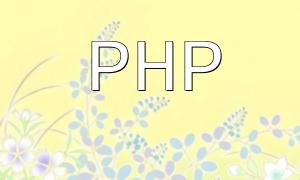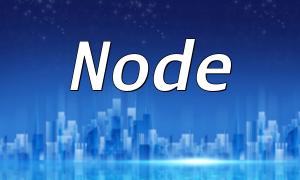In software development, coding standards are crucial for ensuring long-term sustainability. Without proper standards, code maintenance and updates become challenging, and when projects go live, chaotic code can lead to frequent bugs, jeopardizing system stability and reliability. By adhering to a unified coding standard, team collaboration becomes more efficient, and code readability, extensibility, and stability are all improved, ultimately ensuring efficient and sustainable software development.
Good naming conventions help make code clear and easy to understand, which is especially important in team-based development. PHP coding standards require:
Here are some examples of PHP naming conventions:
Code indentation not only improves code structure but also helps reduce errors. In PHP, code indentation rules are:
Here is an example of proper indentation:
Clear comments help developers understand the purpose of the code, reduce misunderstandings, and enhance code maintainability. PHP commenting guidelines require:
Here is an example of a comment in PHP code:
Following PHP coding standards brings many benefits:
Good coding standards significantly improve software development efficiency, ensuring clear, understandable, and reliable code. By focusing on naming conventions, code indentation, and commenting practices, developers can maintain high code quality and provide strong support for the long-term sustainability of software development.










